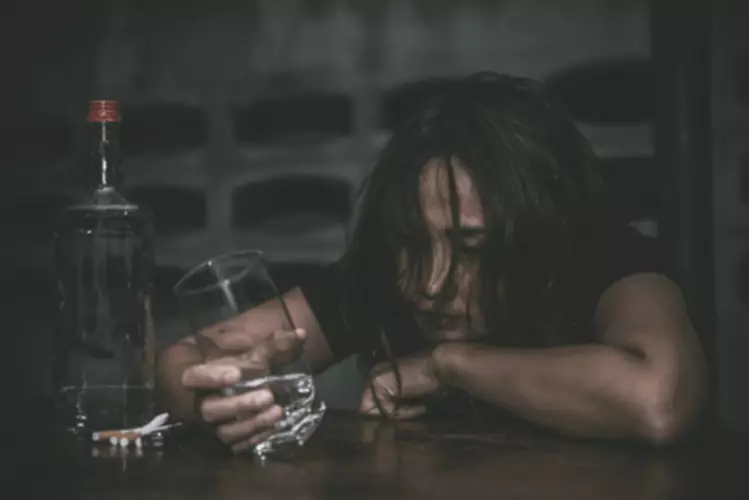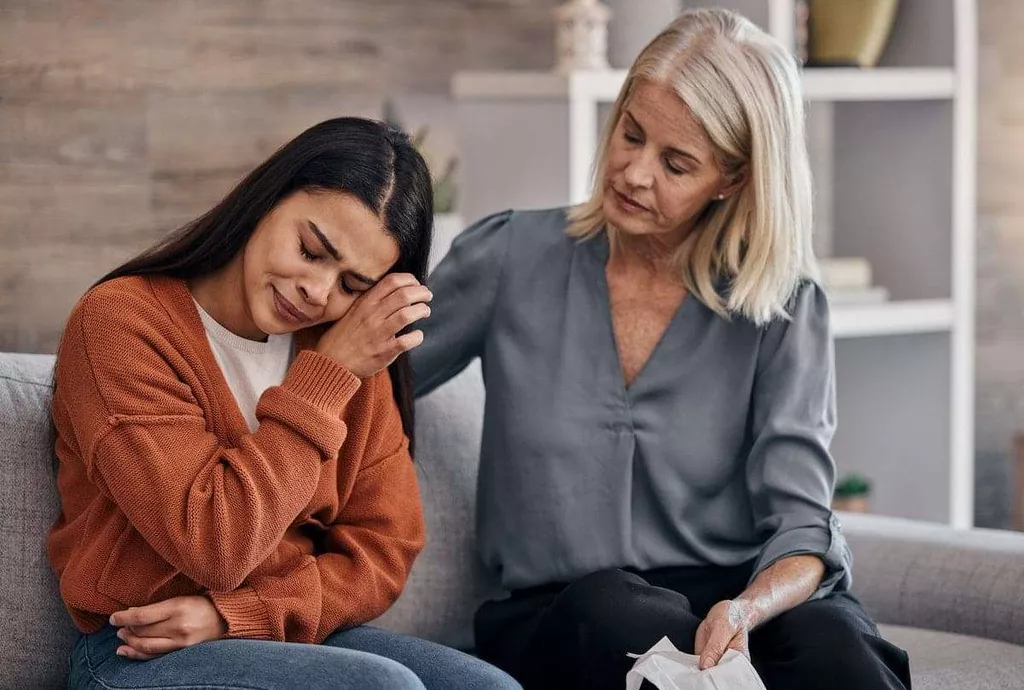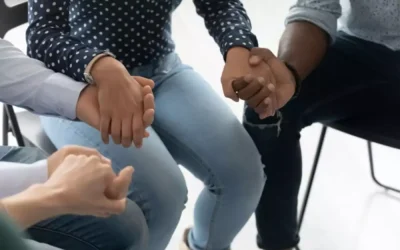We need to discuss our relapse with a sober person on our accountability team as soon as possible. We do not want to keep a relapse a secret because it will lead to other relapses. Honesty and transparency are a big part of a lot of programs. This can help encourage you to develop coping strategies. People must also recognize that it’s okay to feel occasional cravings. Once they experience cravings, they’ll be ready to use the necessary coping skills.

What relapse can teach us
A 2020 review suggests that up to 60% of people living with depression will experience at least one relapse episode in their life. According to a 2017 study in England, this is likely to occur within 6 months after treatment. Depression relapse is when you experience symptoms of depression after a period of remission. It usually begins weeks or months before a person slips for the first time. A person goes through numerous motions before fully relapsing.
- It’s your decision whether to tell someone about your lapse or relapse.
- Whenever I find myself thinking fondly of my drinking days, I remind myself what happened AFTER the good part.
- The sooner you take steps to intervene following a relapse, the easier it is to get back on track.
You’re struggling to deal with difficult emotions.
What to Do After a Relapse – Verywell Mind
What to Do After a Relapse.
Posted: Wed, 23 Nov 2022 08:00:00 GMT [source]
This is when you start thinking of using again, contacting the people who encouraged your addiction, or going back to your habits while using. Often, this stage accompanies cravings and intrusive thoughts that convince you the bad effects of the substance you abused weren’t that bad. You also start finding reasons why using again might be a good idea. While relapse is sometimes expected, it should still be taken seriously. Good treatment programs have relapse prevention as part of their recovery process.
Starting 5: Media Day today as start of Finals looms
Reaching out and getting professional help should be a top priority once you’ve decided to get your life back on track. The recovering brain is susceptible to depression, anxiety and other mental health issues. Using drugs or alcohol can seem like the easiest way to feel happy or normal. Loneliness and a lack of social support can also make alcohol or drug use more appealing. People in recovery from addiction may relapse for several reasons. Old memories can trigger intense cravings for the substance of abuse.
You’ve lost your commitment to recovery.
- Self-care helps minimize stress—important because the experience of stress often encourages those in recovery to glamorize past substance use and think about it longingly.
- Since roses symbolize healing for me, I took it as a sign of hope … that I won’t plummet too far … there are things in this life that I’m meant to do.
- When we start giving up the things that are good for us, we naturally gravitate back toward things that are not.
- Whereas we’re all guilty of skipping workouts or ignoring an alarm here and there, it should be taken as another relapse warning sign if it’s becoming the norm.
Instead of viewing your slip as a step backward, think of it as a progression on your road to recovery. Many people lapse or relapse, and if you think of each attempt at sobriety as a means of getting closer to your end goal I Relapsed – What to Do Now? — a lesson in your cumulative recovery learning, so to speak — this setback won’t be in vain. This step may be particularly tough, especially if you’ve hurt your friends and family members with your addiction in the past.



